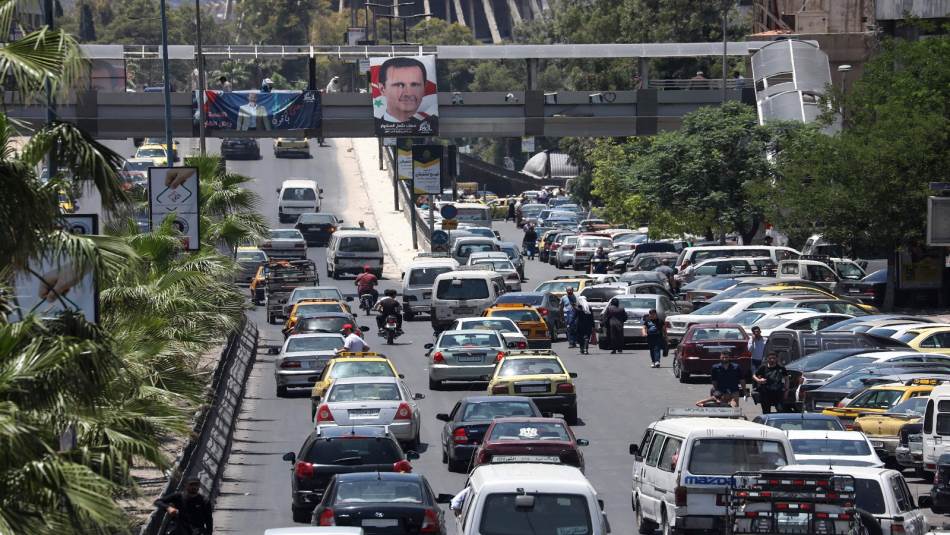The Syrian cabinet intends to update its ministers’ vehicle fleet with 2024 model cars, each valued at approximately half a billion Syrian pounds. This decision comes amid governmental restrictions on the import of various materials deemed luxurious, including automobiles, aimed at curbing the demand for US dollars.
Ministers have commenced the replacement process, trading in their Lexus 350 cars for the newer 2024 FAW-H5 models, citing the obsolescence of their previous vehicles. This initiative, part of a broader plan to phase out outdated vehicles in the public sector, emphasizes the adoption of cars with engine capacities below 1600 cc, as reported by the pro-regime website Snack Syrian.
While the government is expected to prioritize consumption rationalization and minimize wasteful expenditure, critics argue that this move adds to the financial burden on Syrian citizens already grappling with soaring prices. Despite attempts by government-affiliated journalists to justify the transition by highlighting the fuel efficiency and reduced maintenance costs of modern cars, questions persist regarding the transparency of spending practices.
The Chinese-manufactured modern cars are valued at approximately $32,000 USD, equivalent to 467 million Syrian pounds on the black market or 420 million Syrian pounds according to the official exchnge rate issued by the Central Bank of Syria. However, the absence of official transparency regarding expenditure management raises concerns about the government’s approach to addressing economic challenges exacerbated by international sanctions.
Import operations in Syria have been halted since 2019 by a decision of the Economic Committee in the Council of Ministers, ostensibly to diminish the demand for US dollars. Despite these restrictions, modern cars, predominantly owned by officials’ children, are prevalent on the streets of Damascus, highlighting disparities in access to luxury goods.
Furthermore, the committee’s prohibition on importing various materials under the guise of luxury extends to mobile phones and accessories. However, the company Emmatel, co-owned by Abu Ali Khader and Asma al-Assad, the wife of the Syrian regime’s president, circumvents these restrictions by announcing the availability of modern phone models, including iPhones, with each international release.
This article was translated and edited by The Syrian Observer. The Syrian Observer has not verified the content of this story. Responsibility for the information and views set out in this article lies entirely with the author.


